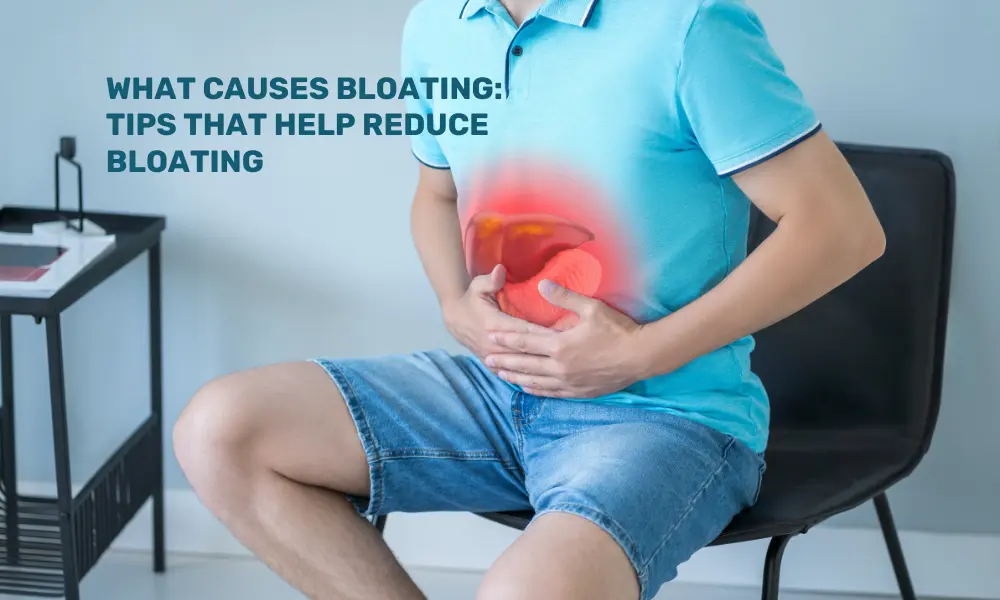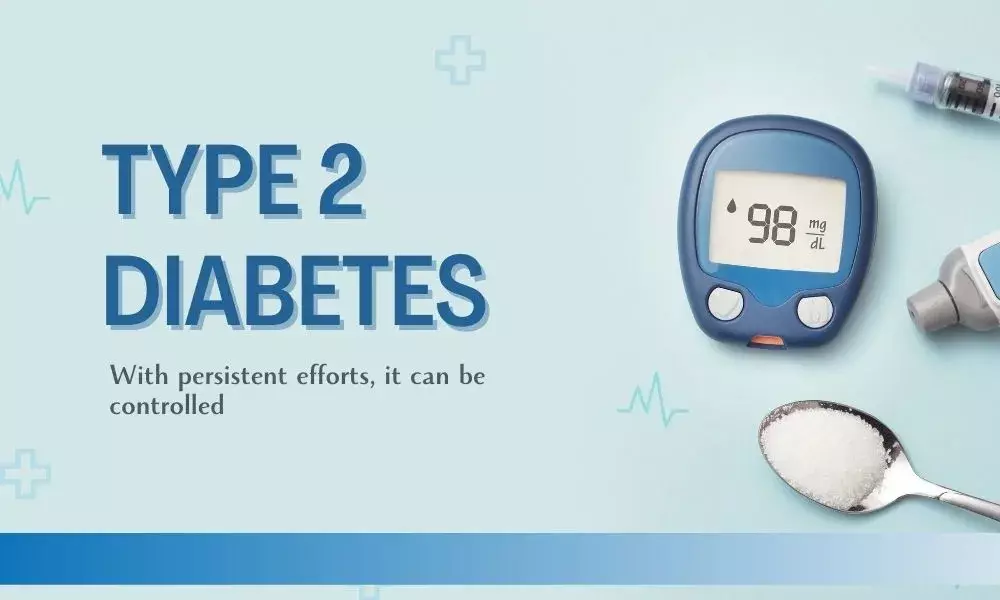Bloating is the most prevalent digestive complaint that people experience, and nearly all of us have suffered from it at some point. It is the awkward sensation when your belly feels bloated, tight, or heavy, even though you have not eaten a big meal. In some, bloating is sporadic, but for others, it becomes an ongoing issue and can interfere with daily comfort. Understanding why bloating occurs and how to manage it can significantly impact your overall well-being and energy levels.
Our in-house expert, Dt. Aparna Pandey, MSC in Nutrition and Dietetics, shares the reasons for bloating and offers tips to reduce it.
Typical Reasons for Bloating
-
Eating Too Rapidly: When you eat too quickly, you swallow air with your food, which accumulates in your digestive tract and causes gas and bloating. Eating slowly and carefully not only helps your digestion but also cuts down on this problem.
-
Gas-Producing Foods: Certain foods naturally produce more gas during digestion. Beans, lentils, cruciferous veggies (such as broccoli and cabbage), soda, and processed foods are usual offenders. Although these foods are nutritious, the key is portion control and cooking them properly.
-
Eating Too Much: Eating large amounts of food at a single meal overloads your stomach and slows down digestion. This may cause a feeling of fullness and tightness that lasts for hours.
-
Food Intolerances: Some people just do not metabolize certain foods all that successfully few illustrations are lactose (in milk products and milk) or gluten (in wheat and other grains). If undigested, these foods ferment in the intestines and become accompanied by gas, cramps, and bloating.
-
Constipation: Irregular bowel functioning retains gases and feces into intestines and causes bloating. Lack of exercises, poor dietary fiber, and improper fluid intake are notable reasons.
-
Hormonal Changes: Due to variations in digestion, water retention, and changes in hormone, women can experience bloating during menstrual periods.
-
Gut Function and Stress: Stress can affect the gut-brain axis and can either slow down or sensitize digestion, either of which can be responsible for bloating.
Helpful Tips to Minimize Bloating
-
Eat Small, Balanced Meals: Take smaller, balanced meals during the day instead of three big ones. This reduces the burden on your digestive system.
-
Eat Mindfully and Chew Slowly: Chew slowly. It not only assimilates the food better, it allows less air into your stomach.
-
Reduce Processed and Carbonated Items: Soda, bubbly drinks, and packaged food hold gases-producing nutrients. Reduce and substitute them with plain water, herbal drinks, and fresh food. Drink plenty of water. Consuming plenty of water throughout the day keeps the bowels going and reduces cases of bloating from resulting from constipation
-
Exercise Regularly: Gentle exercises such yoga, walking, stretching facilitate digestion by causing the intestines to move. A 10-minute walk after meals is also helpful.
-
Know Food Sensitivities: If bloating becomes a regular feature, try a food diary. Note what you eat and how your body feels.
-
Include Gut-Friendly Foods: Probiotics (in yogurt, kefir, or fermented foods) and prebiotics (in fruits, vegetables, and whole grains) boost the health of the gut and reduce bloating.
-
Reduce Salt Intake: Excessive salt leads to water retention, giving you a puffy feeling. Use fresh, home-prepared food instead of salty processed snacks.
-
Manage Stress: Yoga, meditation, and deep breathing not only soothe the mind but also balance digestion by fostering the gut-brain axis.
When to Seek Help
If the bloating is occasional, it is usually benign and can be managed by modifications to daily routines. If the bloating is constant, painful, or accompanied by unexplained weight loss, persistent constipation, or altered bowel habits, advice from medical specialists is necessary.
The bottom line
Since the Bloating is annoying, but gradual and subtle changes to eating, diet, and daily activity tend to produce results. Get to know your body, learn to identify your triggers for bloating, and adopt simple habits of conscious eating, regular physical activity, and adequate hydration. Bloating can be alleviated through the proper approach, allowing for lighter, more energetic, and comfortable activity.
Disclaimer: This article is meant for informational purposes only and must not be considered a substitute for professional advice.





